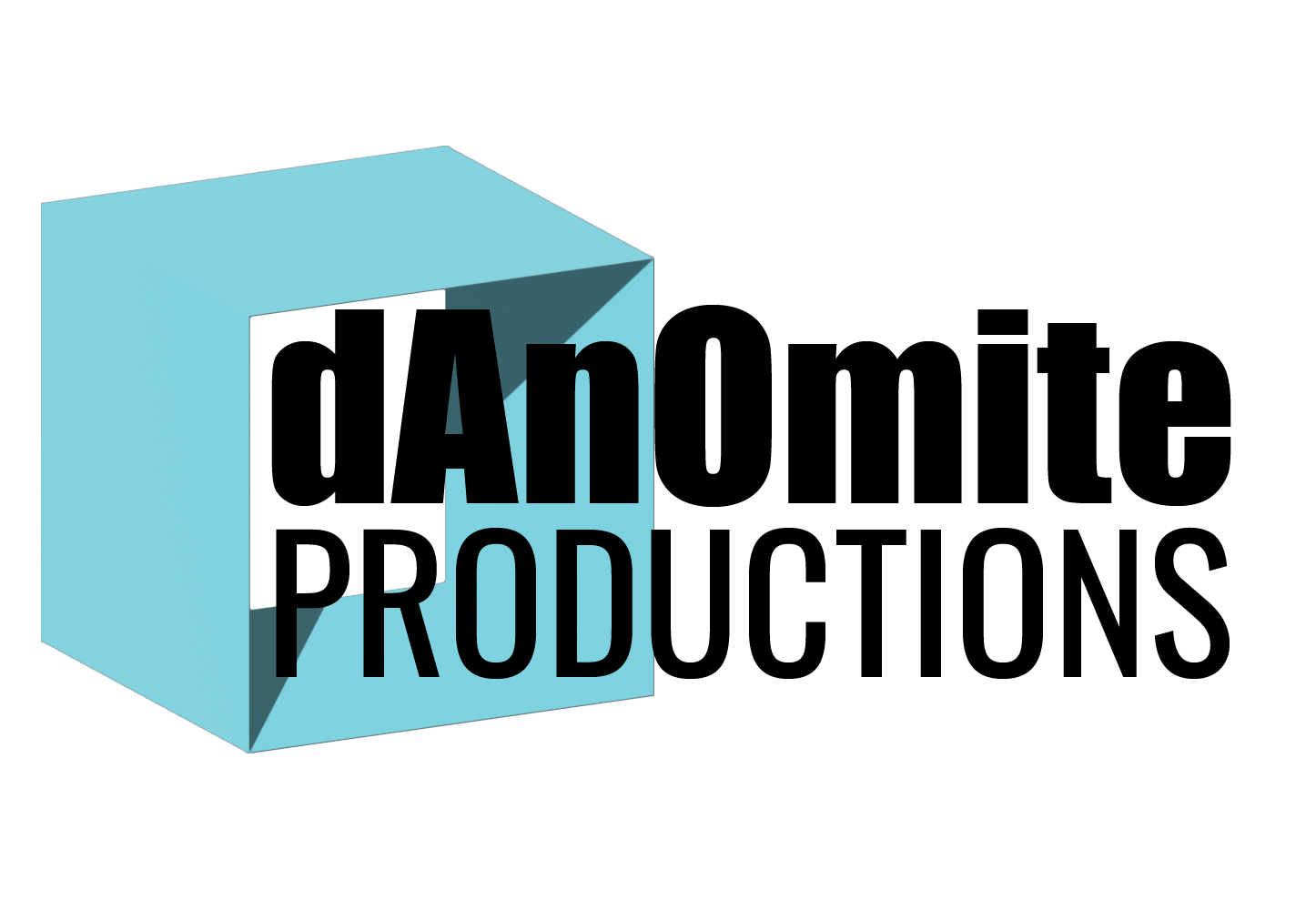Get Organizized – A Franchise Model for Social Justice Initiatives
A case for technological integration in support of social justice and national change.

Locally-focused, national efforts towards social justice reform need unprecedented levels of management. Innovative and otherwise admirable non-profits vary in their communications and management capacities. Executives charged with running these organizations have expertise in their fields. Many organizations have very little understanding of marketing, design, promotion or public relations. Not to mention constituent, contact, data or resource management.
These organizations need support and training to be effective against culturally ingrained systems. Is support through contractors or experts enough without lasting organization and digital integration? Real opportunities exist for sustained, cohesive national social change, if groups can, in the words of Travis Bickle, get organizized,
Reporting, data and metrics are pivotal in the larger efforts towards social justice and substantive change. Reporting and intelligence are what make tech companies so valuable. Understanding the true effectiveness of community efforts is best achieved through the centralization of resources. Dynamic constituent resource management (CRM) and integrated social management tools catapult intelligence and drive direction. Organizations without this infrastructure stab at strategy and work at a disadvantage.
This is the value of centralizing communications, training and resources on a national scale. Corporations do this. This is the franchise model for social reform.
Organizations Can’t Develop Solutions on Their Own
Underfunded, understaffed organizations can’t start from zero. With no training or resources; a hodgepodge of efforts results. The various digital tools employed by grassroots organizations don’t often result in cohesiveness. Meaningful reporting or informed national perspectives become daunting with spreadsheets and SaaS reports. So many options exist for digital resource or constituent management that reporting to a national organization or effective coordination of local efforts is haphazard. Organizations don’t often have the expertise to implement technology or manage efforts on their own. This lack undermines cohesiveness and effectiveness, in every community.
Centralization, Efficiency and Flexibility
Centralized resources and support would improve efficiency and optimize stretched capacity. Organizations could embrace best practices and maintain the strategic flexibility to meet their community needs. Centralizing efforts allows for training and rapid agent deployment with consistent, national level messaging, feedback and support. A centralized, data-enhanced hub at ensures rollout of efforts at ever-increasing rates. These shared metrics, resources and data enhance every effort. Basic, level-set operations insights and baselines could be employed.
Imagine rapid on-boarding of community organizations. Picture supported and distributed teams serving constituents from standardized training tools and resources. These same teams report their success back from concurrent platforms. Wins tracked from a centralized source. Uniform training, reporting and resources foster the healthy growth of any social justice initiative.
Launching centralized CRMs would enable partner organizations to share in a collective knowledge-base. They could develop their own sub-instances, managing their own constituents while providing uniform national data. They would develop their own demographic insights!
Non-profit organizations should lead by example. They should leverage scalable CRM, LMS and digital asset management resources. They should gather intelligence. This is an incredible opportunity for a consistent feedback loop and scale. Training local, non-profit providers to manage their community efforts and enabling them to report back to a national organization, reduces onboarding time, controls costs, and allows for consistent and timely reporting of opportunities and success. This is the value of centralizing communications, training and resources on a national scale. Corporations do this. This is the franchise model for social reform.
Hyperlocal National Management and Measures
Current mobilization efforts seldom include training modules aimed at improving the capacity and skills of organizations to market and manage local communication efforts. Training and LMS resources are one solution. Wider solutions for capturing engagement and measuring real success would be a boon to greater national conversations. In a 24-hour news cycle, reporting wins, when won, can make an effort.
Rather than employing localized, varied consultants to train and prepare local community organizers to support these efforts, it is possible to centralize tools and resources. Measuring use and engagement, through centralized systems, allows for continual improvement. Long-term, data-oriented perspectives inform the larger efforts.
Leveraging scalable systems to train and support local organizers and creating localized instances of the same resource for these groups provides ready transitional steps for real success. Level-set understanding and expertise lightens the management burden and reduces the learning curve. National efforts would not have to combat myriad systems or perspectives. Reporting would be simplified, if not uniform.
How Does Centralized Data Translate to Success?
- Centralized management of community site contacts
- Centralized training resources and certification procedures
- Real-time measures of engagement
- Social Media measurement on a national scale
- Measured responses to Social channels in communities
- Contact, constituent and resource management
- National expertise and shared knowledge for community sites
- Data-centered reporting of community success
- Specialist and training database resources
- Continual improvement of resources and efforts through data measurement
If we can establish comprehensive national management and training resources, contact management and Social Media engagement, we can train sites coming online to engage the same effective strategies and platforms. This is the case for continual learning and improvement. This will increase efficiencies and reduce time to launch. We can make the hyperlocal perspective national. We could bring more groups on board faster. We could improve community marketing efforts and provide tools for reporting success. We could get organizations actualized, coordinated and actively providing support for communities in need, rather than spending time and resources preparing to do so.
Standardized reporting and centralized resources inform larger efforts and, ultimately, substantive national reform. The opportunity for transformational change is as undeniable as it is exhilarating, if we can just get organizized.
